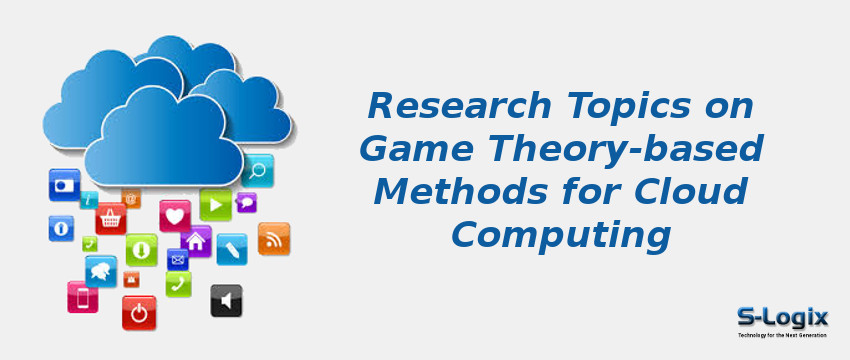Research on Game Theory-based Methods for Cloud Computing focuses on applying strategic and mathematical models to optimize decision-making in complex cloud environments, where multiple stakeholders compete or cooperate over shared resources. This area explores how game-theoretic approaches can improve resource allocation, task scheduling, pricing, capacity planning, energy efficiency, and security management in cloud systems. Key research directions include designing cooperative and non-cooperative game models for multi-tenant resource sharing, auction-based and Stackelberg game frameworks for dynamic pricing and workload distribution, and Nash equilibrium-based approaches for achieving stable and fair outcomes. Other emerging topics involve evolutionary and repeated games for adaptive cloud operations, incentive-compatible mechanism design to encourage truthful behavior among users, and integrating machine learning with game theory for predictive and autonomous cloud management. Additionally, applying game-theoretic methods in edge-cloud, federated-cloud, and hybrid-cloud scenarios, as well as in security-aware and energy-efficient cloud systems, represents significant avenues for advancing intelligent and efficient cloud computing strategies.
